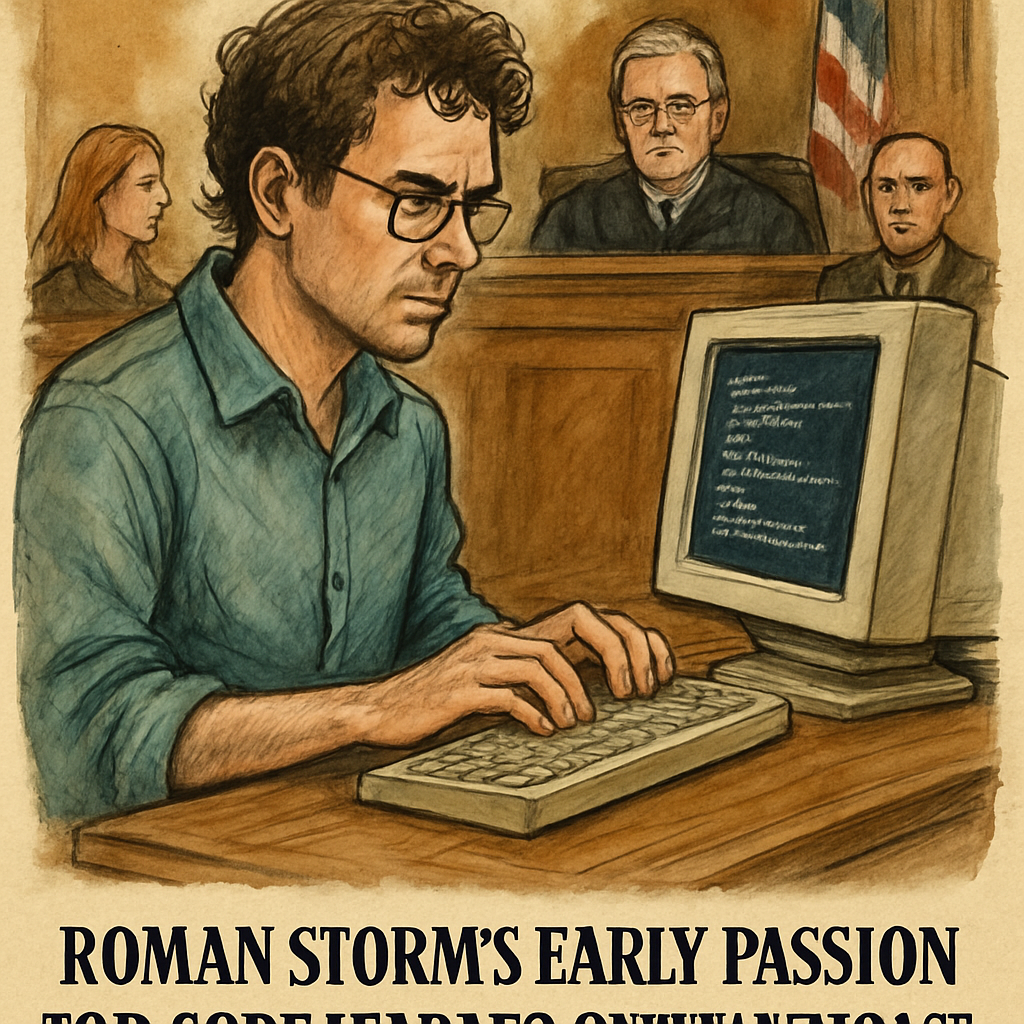Roman Storm, a self-taught programmer from Russia, developed an interest in software and open-source code during his youth, eventually pursuing engineering roles at major tech firms before entering the crypto space. By 2019, Storm co-founded Tornado Cash, a decentralized protocol enabling privacy by mixing cryptocurrency transactions, which later drew regulatory attention for its use by illicit actors.
After a multi-week jury trial in the Southern District of New York, Storm was found guilty of operating an unlicensed money-transmitting business. Prosecutors presented evidence of more than $1 billion in criminal proceeds laundered through the protocol, while Storm maintained that Tornado Cash was a neutral privacy tool beyond his control. The conviction carries a maximum sentence of five years in prison.
The jury did not reach unanimous verdicts on counts of conspiracy to commit money laundering and conspiracy to violate U.S. sanctions, leaving open the possibility of retrial on those charges. Legal experts note the partial verdict underscores the complex legal status of open-source privacy tools and may influence future cases involving developer liability for end-user actions.
The outcome marks a significant development in the U.S. government’s approach to digital privacy protocols and sets a precedent for how courts may treat code contributors. Stakeholders in the crypto community and privacy advocates are closely monitoring whether the Department of Justice will pursue the unresolved charges, which could shape enforcement in the decentralized finance sector.
Storm’s case highlights the tension between emerging blockchain technologies and existing financial regulations, raising questions about the balance between innovation, privacy, and legal accountability. Industry observers anticipate further legal briefs and potential appeals as the case progresses under the Trump administration’s more crypto-friendly stance.🔒

Comments (0)